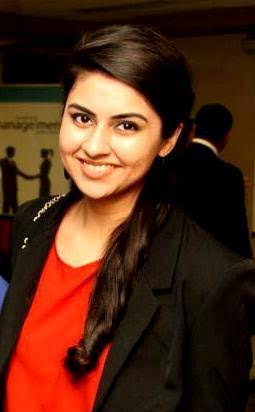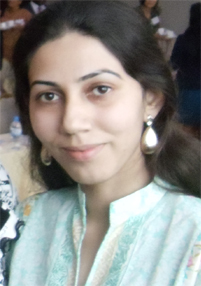Voicing the peoples’ thoughts, experiences, and agitations is the key to having a successful output. Therefore, when reviewing something as critical as the National Education Policy, it is necessary to incorporate every story you can get a hold of, every detail you can analyze and every child you can educate.
ITA, with the Federal and Provincial Governments, has been conducting consultative meeting across Pakistan, involving students, teachers, parents, civil society members and government officials to come together and discuss shortcomings in each stage of learning and suggest solutions to these issues. On the 21st of September 2015, a session in AJK, Muzzafrabad assured the visiting ITA team members, Izzah Meyer and myself, that the situation on ground is even more disappointing than perceived. We began the session by introducing the need and objectives regarding the revision of the NEP 2009 and how we needed their input to bring about policy changes and recommendations for the NEP 2016.
During the breakout session, groups were formed for all stages of learning from the ECE to adult learning to technical and vocational education. As the discussions began, more and more of the current and recent students began to show similar opinions on how teachers were the problem. Although little infrastructure is available for schools in AJK, the few schools they do have, employ teachers with little pay and therefore little motivation. Sometimes, within fully functioning schools, they have no attendance of teachers. In the discussion circle of governance and financing, there was one specific recent graduate student who spoke up and shared several stories of shortcomings of teachers when they are under qualified and they use their low pay as a reference to what they can teach.
Seeing as teachers are a means to implementing education goals it is essential for our policies to ensure that our teachers are certified, trained and hired only on the basis of merit. For Pakistan to build national capacity and a sustainable society, one that is based on knowledge, values and ethics, we have to take proper action to ensure that our teachers are empowered and fully equipped to disseminate quality education.
The session was also attended by the Education District Officer Mr. Abdul Majeed Bandey, who applauded the initiative of involving important stakeholders in the policy review process. He urged the participants to remain vocal and assist with the monitoring and evaluation process and said “if you see a fault in the system, or if you see an official not performing their duties effectively, then you must inform the relevant authorities. If we don’t know there is a problem, we can’t fix it”. Additionally he made his own recommendations for the new policy, stating that “on the job training and professional development programs are the need of the hour. The new policy must touch upon continuous professional development of teachers and other educational staff”.
Also present at the session, Mr. Sheikh Muhammad Mushtaq a social activist and CEO of Hamza Development Foundation said that credit must be given where it is due and even though AJK isn’t performing at optimal level, the education sector has definitely seen some improvements. He recommended SMCs should be allocated a budget so they can become even more active and effective. No doubt progress has begun in AJK in terms of quantity of education; however the participants of this meeting made it apparent that quality is still an issue, and one that needs to be addressed immediately.
Disclaimer: The views expressed here are those of the authors and do not necessarily represent the views of Idara-e-Taleem-o-Aagahi (ITA)





